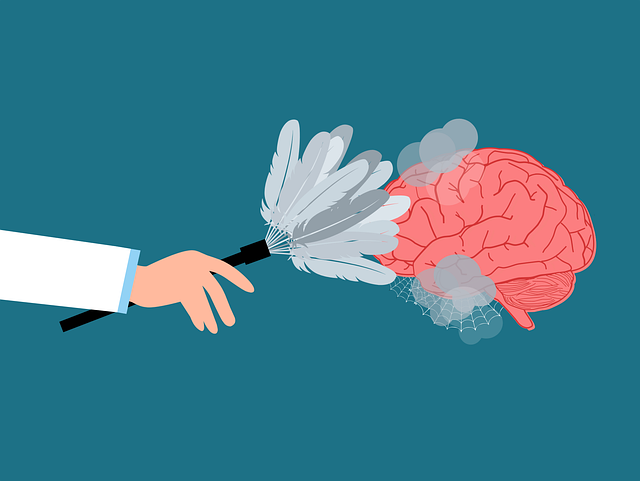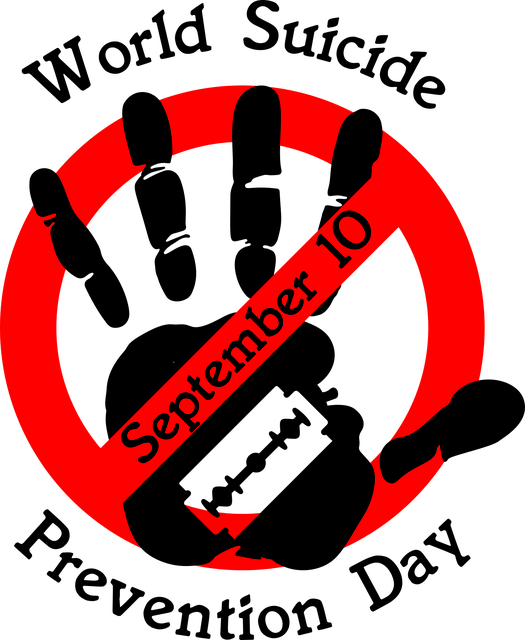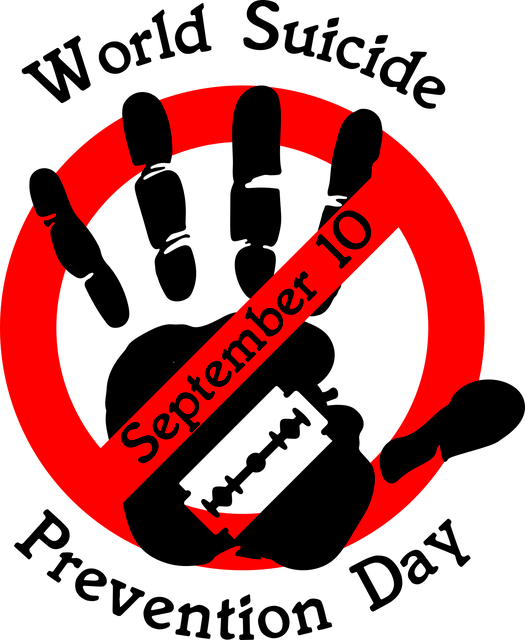Mental health professionals treating complex cases like Boulder Phobias Therapy face risks of burnout, secondary trauma, and ethical dilemmas. Effective risk management involves social skills training, confidence-boosting exercises, self-awareness practices, and cultural competency to create safe, supportive environments. Strategic planning, comprehensive risk assessments, stress management techniques, and conflict resolution training empower therapists to address unique client needs, foster resilience, and enhance overall well-being.
In the intricate field of mental health, professionals grapple with unique risks that demand specialized attention. This article guides Boulder Phobias Therapy practitioners through an essential process: risk management planning. We explore the specific challenges, from managing client vulnerabilities to preventing burnout, offering a step-by-step approach for developing and implementing effective strategies. By embracing proactive measures, therapists can ensure safe, nurturing environments, fostering positive outcomes while mitigating potential hazards.
- Understanding the Unique Risks in Mental Health Practice
- Developing a Comprehensive Risk Management Plan
- Implementing Strategies for Client Safety and Well-being
- Continuous Monitoring and Adaptation for Effective Risk Mitigation
Understanding the Unique Risks in Mental Health Practice

Mental health professionals encounter a unique spectrum of risks and challenges on a daily basis, demanding tailored risk management strategies. Unlike other therapeutic settings, the sensitive nature of client interactions in mental health care requires meticulous navigation through complex emotions, traumatic histories, and diverse diagnostic presentations. These factors contribute to an elevated risk of professional burnout, secondary trauma, and ethical dilemmas.
For instance, therapists working with individuals experiencing severe phobias, such as those offered Boulder Phobias Therapy, must be adept at managing intense anxiety both within themselves and their clients. Additionally, they are often faced with intricate conflict resolution techniques to address interpersonal issues that may arise during therapy. Incorporating social skills training and confidence-boosting exercises can further empower professionals to handle these challenges effectively while maintaining a safe therapeutic environment.
Developing a Comprehensive Risk Management Plan

Developing a Comprehensive Risk Management Plan is an essential step for mental health professionals to ensure they can navigate complex situations with confidence and resilience. This involves identifying potential risks, such as those associated with treating clients with severe phobias, like Boulder Phobias Therapy, where unique challenges may arise. A well-crafted plan includes strategies for mitigating these risks while fostering a safe and supportive environment.
By incorporating Self-Awareness Exercises and Healthcare Provider Cultural Competency Training into their practice, professionals can enhance their ability to manage risks effectively. These tools promote Inner Strength Development, enabling therapists to recognize their own limitations and biases, and adapt their approaches accordingly. Through proactive planning and continuous learning, mental health providers can offer the best possible care while minimizing potential harm.
Implementing Strategies for Client Safety and Well-being

Mental health professionals play a crucial role in helping individuals manage and overcome various mental health challenges. To ensure client safety and well-being, it’s essential to implement strategic risk management planning tailored to each client’s unique needs. This involves a comprehensive risk assessment that takes into account potential triggers, past traumas, and current stressors. By identifying these risks, therapists can proactively develop interventions aimed at enhancing client safety during therapy sessions and beyond.
One effective strategy is incorporating techniques for stress management, which can help clients cope with anxiety or distressing emotions. Additionally, training in conflict resolution techniques empowers professionals to navigate sensitive situations, ensuring a safe and supportive therapeutic environment. For example, addressing specific phobias like those related to Boulder Phobias Therapy requires specialized approaches that not only manage symptoms but also foster resilience in a controlled, secure setting.
Continuous Monitoring and Adaptation for Effective Risk Mitigation

Mental health professionals are tasked with managing complex emotional landscapes daily, making continuous monitoring and adaptation crucial for effective risk mitigation. This dynamic process involves regularly assessing clients’ mental states, identifying potential triggers or escalating issues early on. By staying vigilant, therapists can swiftly implement tailored strategies, such as mindfulness meditation or empathy-building techniques, to support clients in managing their emotions and overcoming challenges.
Adapting to individual needs is key to successful risk management, especially when addressing specific fears like Boulder phobias therapy. Therapists who embrace this fluid approach can foster a safe and supportive environment, enabling clients to develop emotional regulation skills that promote resilience and overall well-being.
Mental health professionals, like those offering Boulder phobias therapy, face unique risks in their practice. By understanding these risks, developing a comprehensive risk management plan, implementing strategies for client safety and well-being, and continuously monitoring and adapting, practitioners can effectively mitigate potential dangers and foster a secure environment. This ensures not only the protection of clients but also allows professionals to provide high-quality care while maintaining their own mental health and resilience.














